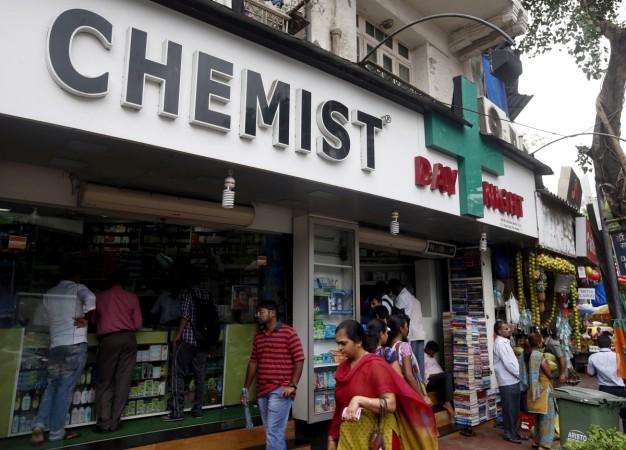
In a major development which could increase the prices of the essential drugs, the pharmaceutical companies have requested the central government to raise the ceiling of its prices however they have requested for a temporary price hike.
If the government agrees to the demands of the industry, it would be a rare move under the Drug Price Control Order (DPCO) of 2013. The pharma cos. are of the opinion that with rising prices of the raw material and pinching margins, they will have to cut down the production which could affect the availability. Interestingly, in past few years, the prices of the imported active pharmaceutical ingredients (API) or bulk drugs have risen by 20-90 per cent.
The impact of the price control is significant in the domestic markets as approximately, 16 per cent of the drugs worth Rs. 198 billion of the Rs.1.23 trillion local market comes under government controlled price ceiling.
![According to the current rules of the D&C act, only a registered pharmacist can dispense medicines on the prescription of a medical practitioner. [representational Image] pharmacy](https://data1.ibtimes.co.in/en/full/616701/pharmacy.jpg?h=450&l=50&t=40)
The cap on the prices of these drugs is fixed by the National Pharmaceutical Pricing Authority (NPPA) and is reviewed annually based on the Wholesale Price Index (WPI). Companies have the freedom to increase the prices of all the other drugs by 10 per cent annually.
The industry experts said that that under clause 19 of the DPCO act the government has the power to increase, decrease of formulating the prices of the drugs irrespective of the WPI.
Dilip G Shah, the Secretary-General of the Indian Pharmaceutical Alliance, which represents the domestic drug makers argued that "companies are individually requesting the government to increase prices of formulations under a price cap. When those prices were fixed, API prices were low. Now the increase is hurting them. We support the demand, as companies will be incurring losses by producing these medicines and may be forced to cut production which will impact the availability."
China is the major source of the bulk drug for the Indian pharma companies. About 60-70 per cent of the bulk drugs are sourced from China, a KPMG-CII study revealed. The Chinese suppliers are also facing some disruptions as companies are either shutting their plants due to environmental issues or upgrading their plants.








